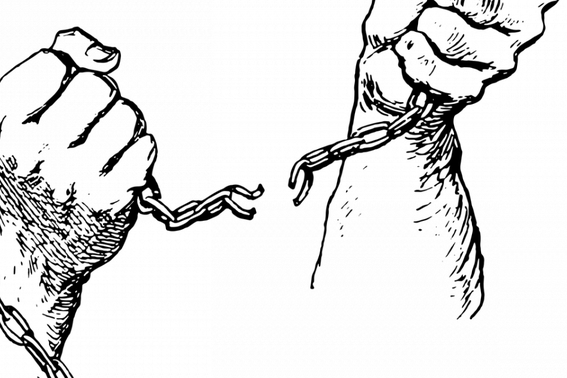Congressmen Troy A. Carter, Sr. (D-LA) and Rodney Davis (R-IL) introduced bipartisan legislation on Friday that would create a mechanism for federal misdemeanor marijuana offenses to be expunged, amid a new push for decriminalization at the federal level.
“I’m proud to introduce The Marijuana Misdemeanor Expungement Act, bipartisan legislation that will restore justice to millions of Americans who have suffered inordinate collateral consequences associated with marijuana-related misdemeanors,” said Congressman Carter in a press release. “These misdemeanors – even without a conviction – can result in restrictions to peoples’ ability to access educational aid, housing assistance, occupational licensing and even foster parenting. Delivering justice for our citizens who have been impacted by marijuana-related misdemeanors is a key component of comprehensive cannabis reform.”
Illinois Congressman Davis added, “Given the number of states, like Illinois, where marijuana has long been legalized for adult use, we must ensure that our criminal justice system keeps pace so that individuals with low-level misdemeanor violations related to its use does not preclude them from getting jobs and participating in society.”
Cannabis Reform Advocates Approve
Cannabis reform advocates, including Weldon Angelos, founder and president of the Weldon Project, Roz McCarthy, founder and CEO of Minorities 4 Medical Marijuana and Dr. Chanda Macias, CEO of National Holistic Healing Center shared their support for the legislation.
“For far too long, millions of Americans have been affected by the lifelong consequences of marijuana-related convictions on their record for simply possessing a small quantity of cannabis,” said Angelos who called the bill life-changing for so many people and their families.
McCarthy called the bill landmark legislation that will allow thousands of Americans to move forward with their lives and maximize their full potential. “Addressing the negative societal & economic effects permeated by marijuana prohibition at both the federal and state level will be critical as we seek to deliver comprehensive cannabis reform in this country.”
Dr. Chanda Macias said it is unacceptable that those who have been convicted of low-level marijuana offenses, often disproportionately black and brown people, continue to have convictions hanging over their heads, “especially as cannabis legalization, research, and reform efforts are more supported by the American people than ever before.”
The chief justice would have one year upon enactment of the bill to promulgate procedural rules for expungement. Each federal district would have up to two years to “conduct a comprehensive review and issue an order expunging, sealing, and sequestering” pursuant to those rules.
Angelos, McCarthy and Macias will all be at the upcoming Benzinga Cannabis Capital Conference in Chicago, Sept. 13-14. Join us there and meet these extraordinary marijuana reform advocates and many more.
Image and article originally from www.benzinga.com. Read the original article here.

